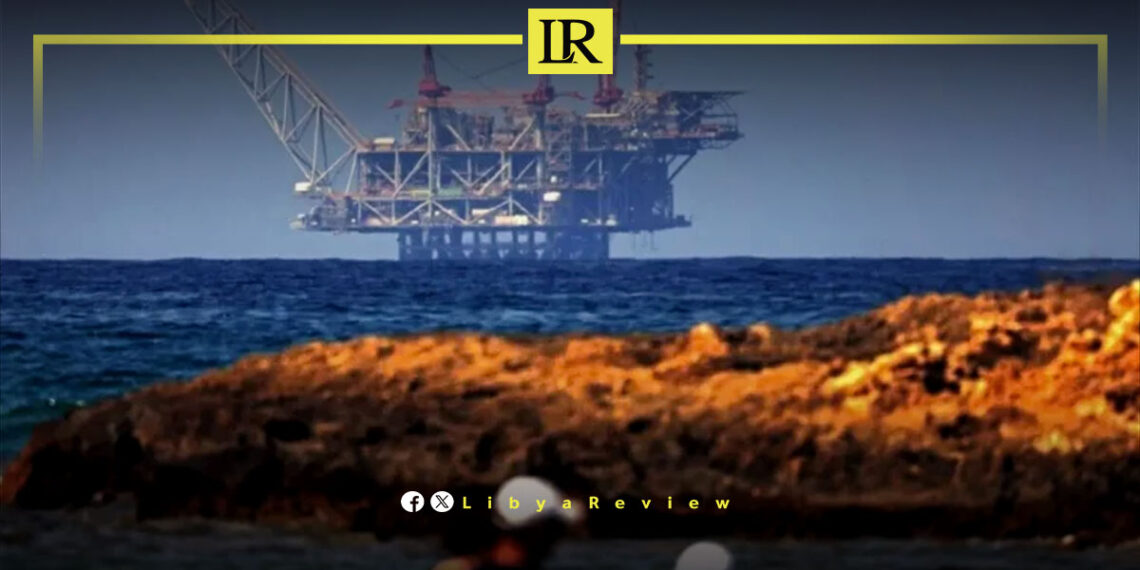Libya has reaffirmed its maritime sovereignty in the Mediterranean following a formal protest from Greece, which objected to Tripoli’s latest submission of maritime boundaries to the United Nations.
On May 27, 2025, Libya filed official maps with the UN outlining the outer limits of its Exclusive Economic Zone (EEZ).
The documents, made public on July 1, marked a significant step by Tripoli to codify its claims under international law. Libyan authorities said the move reflects their sovereign right to manage national waters in accordance with global legal frameworks.
Greece responded on September 3 with a memorandum to the UN, arguing that Libya’s claim is rooted in its 2019 maritime memorandum of understanding with Turkey. Athens also rejected Libya’s use of straight baselines in drawing its maritime limits, insisting that islands such as Crete must be granted wider maritime zones.
Libya, however, has defended its submission, stressing that the median line principle—measured from continental coastlines—represents the fairest basis for delimitation. Tripoli has pointed to international precedents that favor equitable boundaries over disproportionate claims by small islands.
International law experts note that Greece’s position, which heavily favors island claims, runs against the principle of equity enshrined in the UN Convention on the Law of the Sea (UNCLOS). Libya’s approach, they argue, is more consistent with established jurisprudence and essential to protecting its strategic and economic interests in offshore energy resources.
The dispute comes amid broader tensions in the Eastern Mediterranean, where competing claims between Libya and Turkey on one side, and Greece and Egypt on the other, have intensified over maritime sovereignty and control of natural gas reserves.
Despite Athens’ protest, Libyan officials have stated their readiness to pursue dialogue with all parties, provided negotiations respect Libya’s sovereignty and adhere to a fair interpretation of international law.


